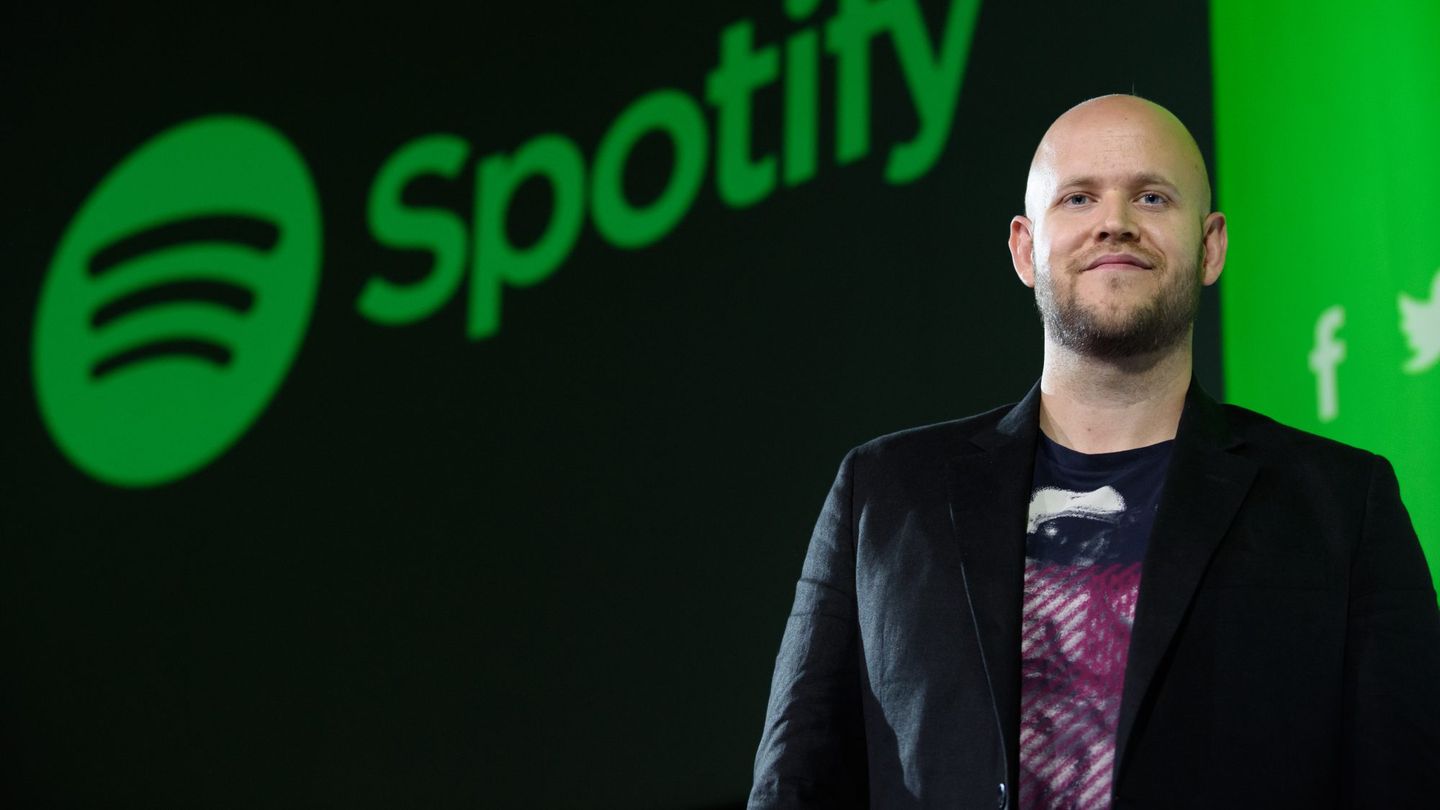
Lifestyle -- 3 days ago

Words: Tom Ward
Love it or hate it, Spotify has proved an enduring fixture of the music scene since its launch in 2006. Remember the days when the word ‘stream’ was a noun and meant a gently-flowing water course? It’s thanks to the likes of Spotify (and later platforms like Apple Music) that we’re now able to stream any song, anywhere, and largely without paying for it, barring a monthly subscription fee.
Discover the perks of being a member
| Clubhouse Membership | |
|---|---|
| Quarterly MagazineDelivered to your door | |
| Unlock DigitalAccess to all member-only online features | |
| Exclusive Interviews and FeaturesIn-depth stories and insights. | |
| Membership Cardto redeem all the perks. | |
| Members Invites to private Clubhouse events | |
| Weekly newsletter Straight to your inbox | |
To receive the latest in style, watches, cars and luxury news, plus receive great offers from the world’s greatest brands every Friday.
